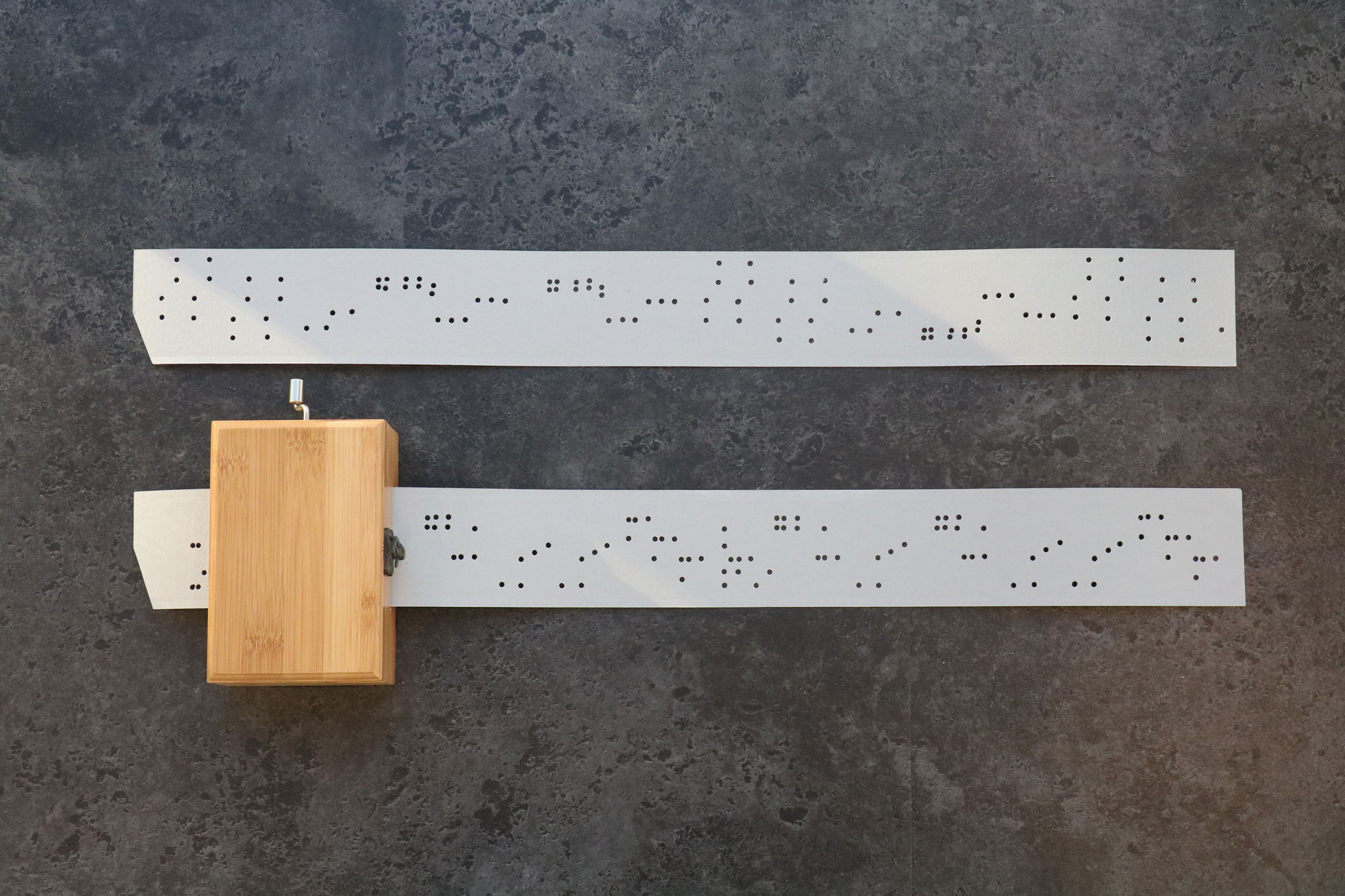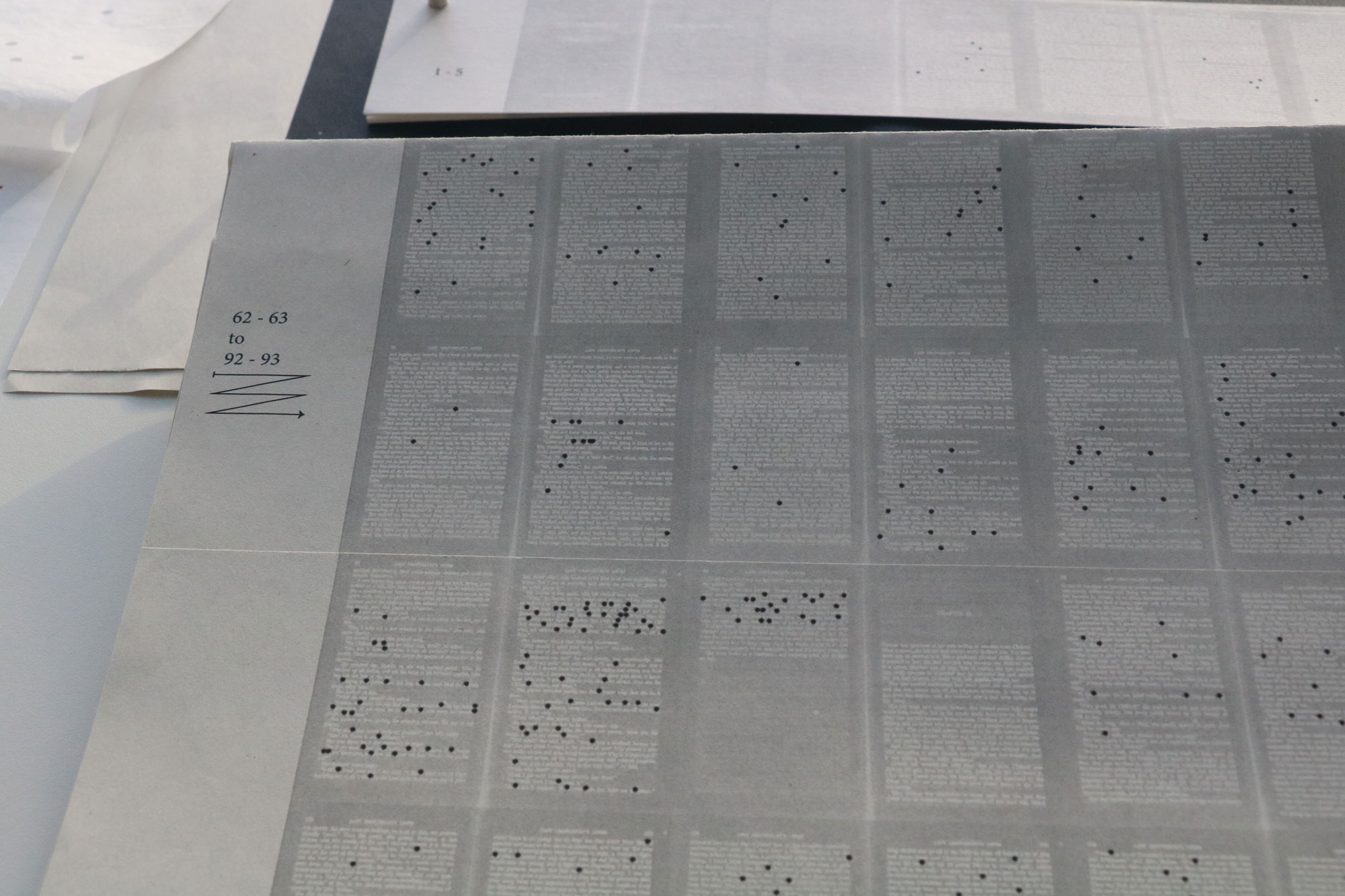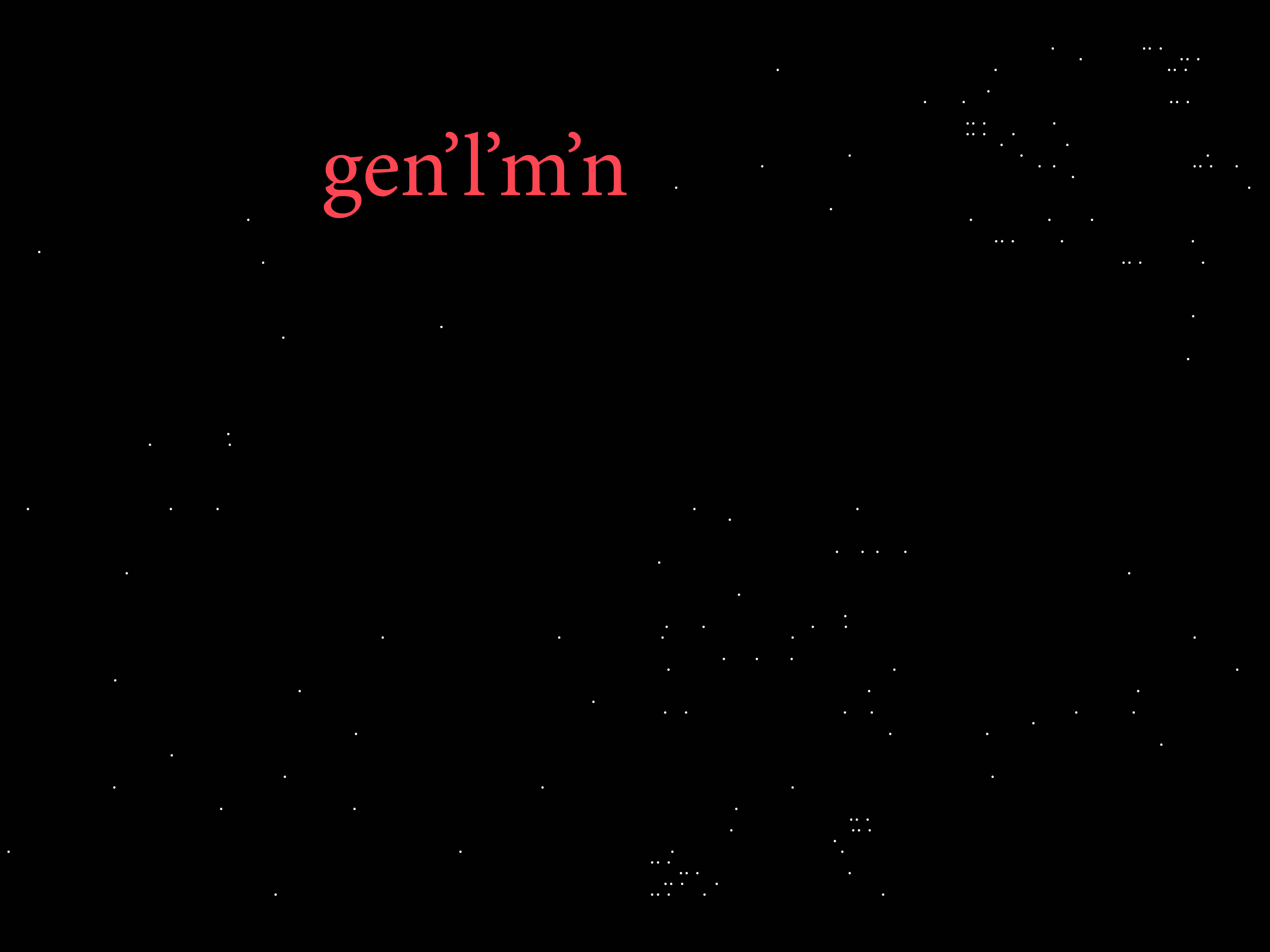Keywords
Multimodality
Audiobooks
English literature
Visual epistemelogies
Text markup

The Pickwick Papers (1836) audibook.
⦿ TEXT IN PROGRESS: more details about this project coming up soon.
In this exploratory, practice-based, investigation text markup techniques are used as a method of inquiry, departing from computational-driven uses of markup language and adopting a performative approach instead.
The main experiment consisted of using text markup to analyse the visual effects of certain respelling strategies known as eye-dialect. This kind of respelling is commonly found in English literature, specially from the nineteenth century on.
The point of departure was a group of well known texts (ranging from Charles Dickens to D.H. Lawrence) in which the authors’ respelling strategies include marking elision (the dropping or omission of letters) with the apostrophe < ’ > as a means to convey a “different kind of English”. The outcomes of the experiments were a series of visualisations in which it is possible to recognise certain characters based on visual patterns generated by the way they speak.
2017 — 2018
Funding
CAPES Foundation — Coordination for the Improvement of Higher Education Personnel. Ministry of Education (Brazil)
Home institution
Royal College of Art (London, UK)
Supervision
Prof Dr Teal Triggs — Royal College of Art
Dr Mark Sebba — Lancaster University



Detail of a passage of Charles Dickens’ The Pickwick Papers (1836) where Sam Weller says gen’l’m’n, which generates a particular pattern.